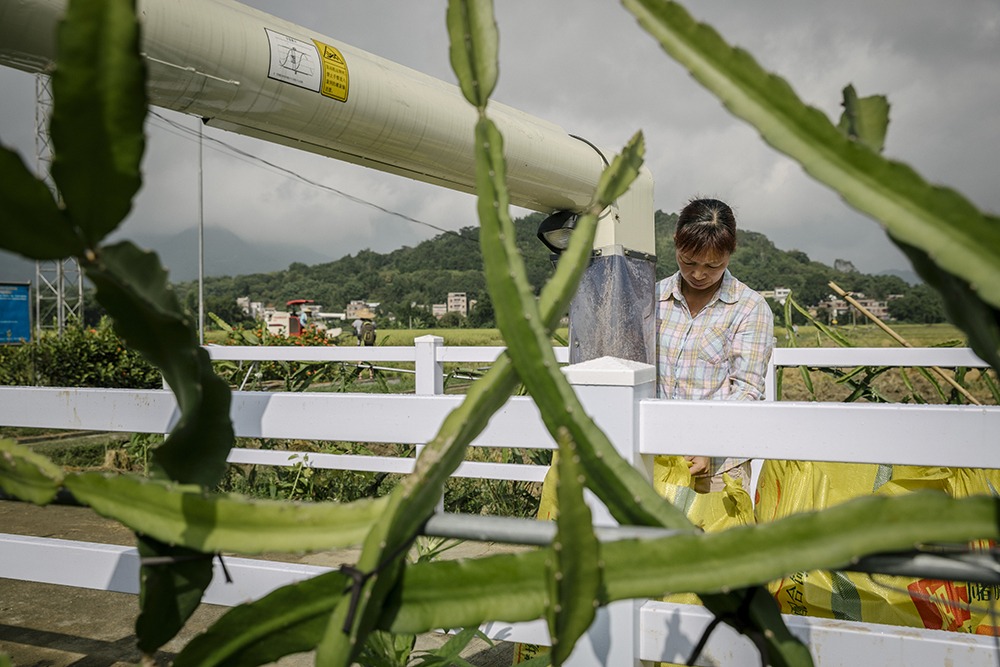Over several years, there have been numerous reports on food systems transformation highlighting key transitions, strategies and actions needed to shift towards healthy diets, promote sustainable production practices, protect and restore nature and reduce food waste and loss. And yet, there is generally a lack of in-depth economic analysis of the proposed strategies and actions. Despite rapid ascension in global food production, consumption, trade and investment, the voices of emerging economies including China, India and Brazil are largely absent in setting the global food systems agenda. This will hinder the transformation of their own as well as the global food systems.
In January 2020, after 35 years of overseas study and research on food policy (including 25 years with the International Food Policy Research Institute) Prof. Fan came back to China. With colleagues, he established the Academy of Global Food Economics and Policy (AGFEP) at China Agricultural University with an aim to provide research and advice to Chinese and global decision makers to shape food systems to deliver better health and environmental outcomes. In his view, economics can make a unique contribution to food systems transformation, and emerging economies must be more engaged in setting the global food systems agenda.
Fan, Shenggen (2021). Economics in food systems transformation. Nature Food, 2(4): 218–219.










